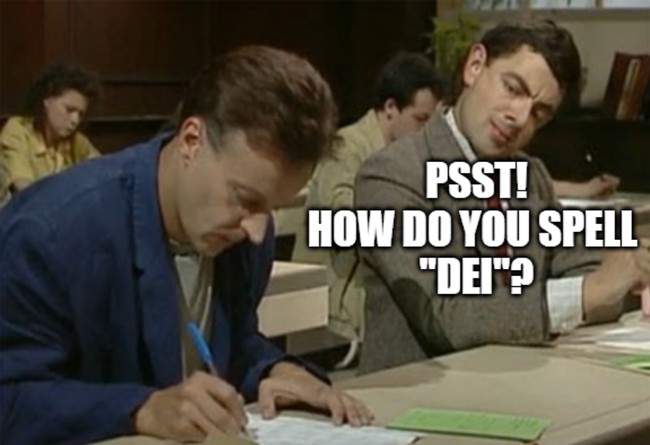A recent undercover investigation has cast a revealing light on the internal operations of the University of Iowa, uncovering alleged efforts by officials to circumvent state and federal directives regarding Diversity, Equity, and Inclusion (DEI) policies. This revelation underscores a growing tension between legislative mandates and institutional practices within higher education.
The controversy ignited when an undercover video captured a University of Iowa official candidly discussing strategies implemented to “operate around” established DEI laws. The official, expressing pride in these efforts, articulated a clear intent to sidestep the spirit, if not the letter, of the regulations designed to curb certain DEI initiatives. This incident raises significant questions about university accountability and adherence to public policy.
In the undercover investigation footage, the official specifically highlighted how the university’s website had been strategically cleared of explicit DEI-related terminology, showcasing a deliberate attempt to obscure the nature of ongoing programs. This systematic removal of language suggests a calculated response to external pressure and evolving state regulations, indicating a nuanced approach to compliance.
The public sentiment surrounding anti-DEI laws has been increasingly polarized, with strong opinions on both sides. Proponents of these laws argue for a return to merit-based systems and an end to what they perceive as divisive identity politics. Conversely, advocates for DEI emphasize its role in fostering inclusive environments and promoting equitable opportunities.
This particular case at the University of Iowa appears to align with broader trends observed in higher education where institutions grapple with balancing institutional autonomy and legislative oversight. The official’s candid admission reveals the intricate dance between maintaining traditional academic freedoms and navigating the complexities of institutional compliance with state mandates.
Critics argue that such circumvention not only undermines the legislative process but also erodes public trust in educational institutions. The incident prompts a wider discussion on higher education ethics and the transparency of administrative practices, especially when public funds are involved.
The ramifications of this expose extend beyond the University of Iowa, contributing to the ongoing national dialogue about the role of social justice initiatives in academic settings. It forces a re-evaluation of how universities interpret and implement policies, particularly those that touch upon sensitive societal issues and contribute to the broader discourse on university reform.
The video serves as a potent reminder for all public institutions regarding the imperative of clear and consistent adherence to legal frameworks. As debates over the scope and implementation of DEI policies continue, this incident will likely fuel further scrutiny and calls for greater transparency within the American higher education system.






Leave a Reply